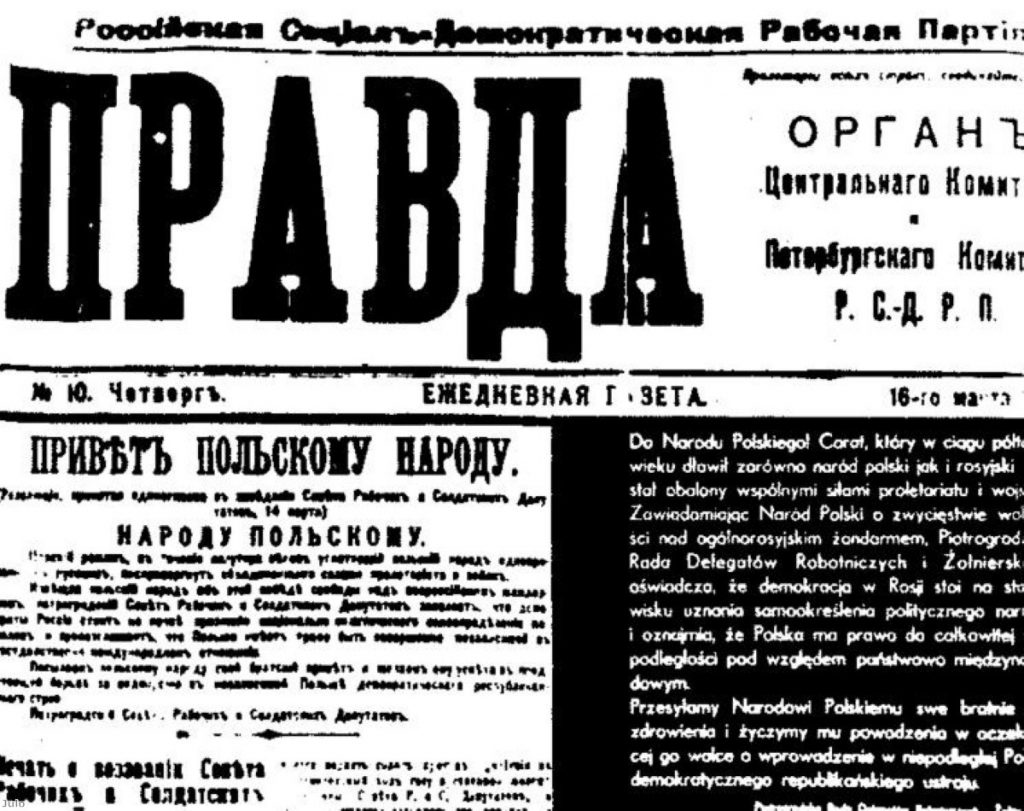No reprieve for ‘town hall Pravdas’
Ministers are refusing to give way after a Commons committee attacked them for placing restrictions on “town hall Pravdas”.
The coalition government is imposing a new code of practice controlling the publication of local authority newsletters.
A report from the communities and local government committee has attacked the move as cutting across the coalition’s drive towards localist principles.


“There is a clear concern that some local authorities are using council taxpayer’s money to promote their local politicians and policies,” committee chair Clive Betts said.
“However, we doubt that the proposed code should specify a maximum frequency of publication… if properly enforced, we believe the provisions in the proposed code relating to cost effectiveness, content and appearance are sufficient to deal with the excesses seen in the handful of council papers that have caused concern.”
Current proposals would see councils banned from publishing more than four issues of a newsletter every year.
That follows complaints from local newspapers that the publications are unfairly competing with them. The Newspaper Society failed to come up with any data backing up this claim, the report noted.
But local government minister Grant Shapps refused to back down after communities secretary Eric Pickles argued last June that town hall freesheets are undermining real journalism.
“Few things have done more to undermine local democracy than the explosion in town hall Pravdas bankrolled by hard pressed taxpayers,” he said in response to the report.
“The age of wasting taxpayers cash on pet projects like local propaganda sheets… is over.”
The Local Government Association said the report showed how “draconian” the proposed new rules would be.
“Not only would this be at odds with the government’s commitment to localism but it could harm local democracy and burden councils with increased advertising costs,” chairperson Margaret Eaton said.
“Newsletters delivered to people’s homes have consistently proved to be the cheapest ways for councils to directly communicate with residents and keep people informed about local services.
“Most council publications are distributed between four and six times a year and pose no threat to the local press, on whom the growth of the internet has had a far greater impact.”
MPs called for an independent inquiry to be set up assessing the competitive impact of council newspapers on the independent press.
“Most local authorities still find they do not need to communicate information to residents more often than quarterly – in line with the principle of cost effectiveness contained within the code,” Mr Betts added.
“In line with a commitment to local decision-making it should also be left to every local authority to choose for themselves how often they publish an information sheet.”












